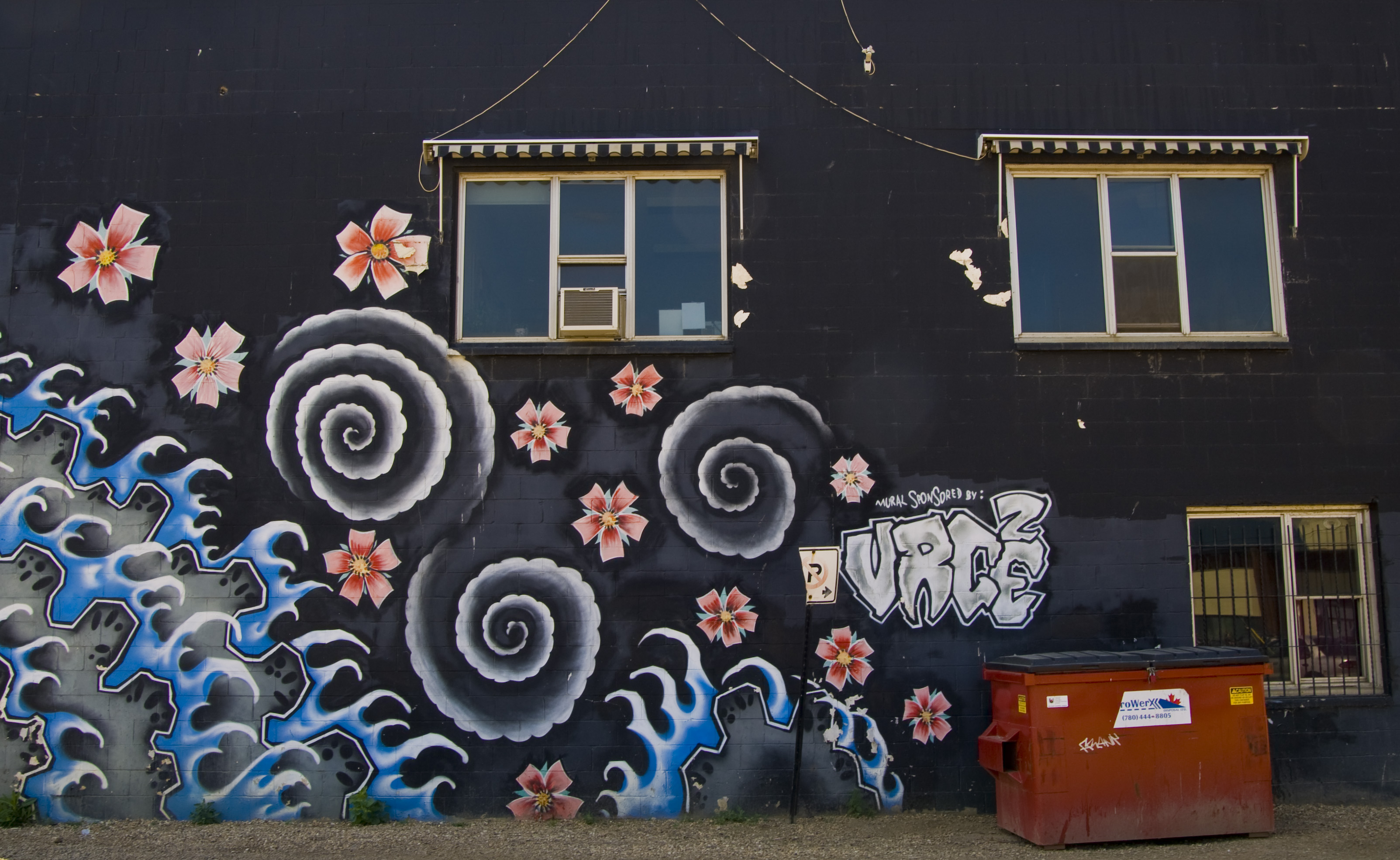 Hello, you brilliance you. How is this still-early day of the year finding you? How is your writing today? How is your heart? What do you want to hear about? What are you afraid of or curious about or reaching for this year? What creative or healing intentions have you set for 2014?
Hello, you brilliance you. How is this still-early day of the year finding you? How is your writing today? How is your heart? What do you want to hear about? What are you afraid of or curious about or reaching for this year? What creative or healing intentions have you set for 2014?
At the first Dive Deep meeting on Sunday, we laid out our intentions for our six months’ work together — folks are wanting to complete first or final drafts, generate new stories, prepare manuscripts for submission, reengage in daily writing practices. I found it difficult to choose one project to focus on — I’ve got several asking for my attention at the moment — but decided to make my novel the project I’d bring to Dive Deep for accountability and how do I even say this? My struggle around the novel is that it’s fiction, it’s a very long work, and for me to really be in it means stepping fully outside of my other work for a couple of hours at a time at least. The prompt I brought for us to write to at the beginning of the meeting was, “Why this project, why now?” Why do you need this book or story or practice? Why are you the one to write it? Why should it happen now?
I can answer those questions easily for all of my other projects — they’re related to Writing Ourselves Whole, they’re nonficiton projects, they are aimed specifically at helping others in their own creative practices: I can justify my time on them. It’s not frivolous for me to work on the nonficiton book about writing practice as transformation for survivors of trauma, or the collection of stories from the erotic reading circle (that is so very very overdue). But working on fiction? How is that helping the revolution? And (more immediately), how is that helping to pay the rent? How is that getting food on the table?
How is spending my time writing a made-up story worthwhile?
If anyone else in my life asked that question, I would just about hop out of my chair with all the thousand responses that arose in me. I would invite them to name all the works of fiction that have sustained them during times of difficulty or struggle, characters that helped them to feel less alone, stories that helped them to see the world in a new way or learn a new truth. Stories are what we have to help us make sense of ourselves, our lives, and our possibility. Each new story offers a new possibility into the world — and it can be a constructive possibility or a destructive one. Stories can teach us to be empathetic with others. It gives someone hope, or company, can undermine conventional wisdom, can remind us that this whole thing called living is wholly absurd and gorgeous.
Author Brad Meltzer says, in post entitled “Does Fiction Matter,”
…that’s why books get banned. That’s why they ban Maya Angelou and Judy Blume and Mark Twain. Because stories change us.
And the writing itself changes those of us who write, too, of course — reshapes our knowing, recalibrates our insides, heals us when we write about our difficult experiences (whether fictionally or not) and can help us even when we write about characters we invent out of whole cloth.
The books and stories that have been my closest companions through this life have nearly all been fictional. I have looked to the characters to help me understand how to survive, how to be in relationship with others, how to express and tangle with desire, how to make change, how to live.
Stories matter and impact all who hear them, be they “true” or “fiction.” We know that, right? I take a deep breath — no matter how many times I say it, it seems I still need reminding myself.
So, back to that Dive Deep meeting on Sunday: I committed to return attention to my novel, and work with her at least two hours per week. I haven’t had my novel date yet this week; there were emails to respond to, morning pages to struggle through, this post to write, an essay for another book to work on … there’s always a reason to put the heart work last on the to-do list.
Of course, if a workshop participant came to me with all those Very Important and Good Reasons that they couldn’t get to the work they say they love, I would direct them to this poem from Tony Hoagland, and this reminder from Natalie Goldberg — in order to allow our words to emerge, we have to make room for what doesn’t usually appear on our to-do lists. We have to write “novel” in our datebooks and then keep that writing date. We have to clear out room in the middle of all that Reasonable, Rational, Have-To, and Should that constantly clutters up the living room floor.
What are your creative intentions for 2014? What irrational writing project wants some of your attention? What space can you make on your calendar for the necessary work of creative life– invention and fantasy; naps; conversations with dogs and birds and bare winter branches?
Thanks to you for the ways you have allowed fiction into your heart and bloodstream, for the ways you both create and welcome stories that reshape and reconsider and recreate possibility.
